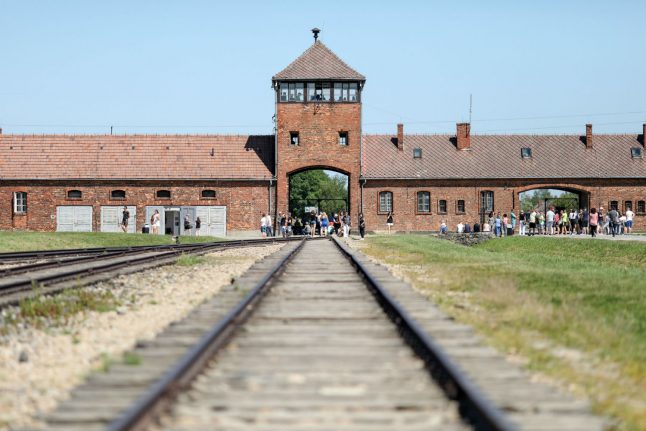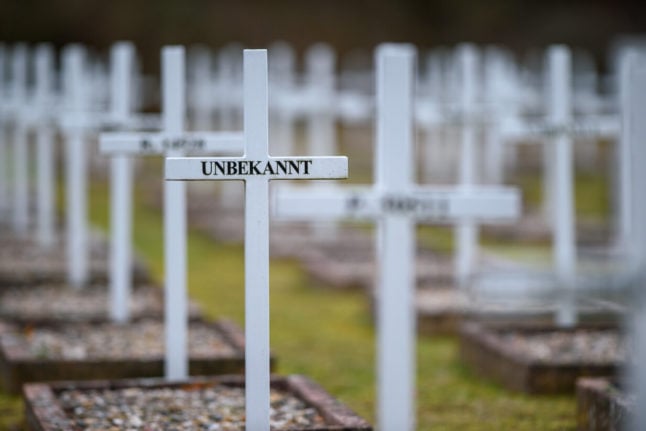The number of visitors last year was about 50,000 higher than the previous peak in 2017, the museum announced on Friday.
SEE ALSO: 'Hell on Earth was a German creation', says Foreign Minister on visit to Auschwitz
Some 405,000 Poles visited the site last year, followed by 281,000 Britons, 136,000 Americans, 116,000 Italians, 95,000 Spaniards, 76,000 Germans, 69,000 Frenchmen and 65,000 Israelis, among others.
The museum website www.auschwitz.org got 27 million page views last year, while its Facebook page topped 265,000 likes. More than 275,000 people follow the museum on Twitter.
The site offers guided tours in 20 different languages. Up until 2001, less than half a million people visited the museum each year. In 2007, the number of visitors exceeded the million mark for the first time.
The death camp was set up by Nazi Germany in occupied Poland during World War II.
Some 1.1 million people, including a million Jews from across Europe, were murdered at Auschwitz-Birkenau from 1940 to 1945.
The other victims were mostly non-Jewish Poles, gypsies and Soviet prisoners.
The museum on the outskirts of the small town of Oswiecim has existed since 1947. The site comprises the former Auschwitz main camp and the Auschwitz-Birkenau extermination camp with a total of around 150 buildings and around 300 ruins. The entire camp complex has been on Unesco's World Heritage list since 1979.



 Please whitelist us to continue reading.
Please whitelist us to continue reading.
Member comments